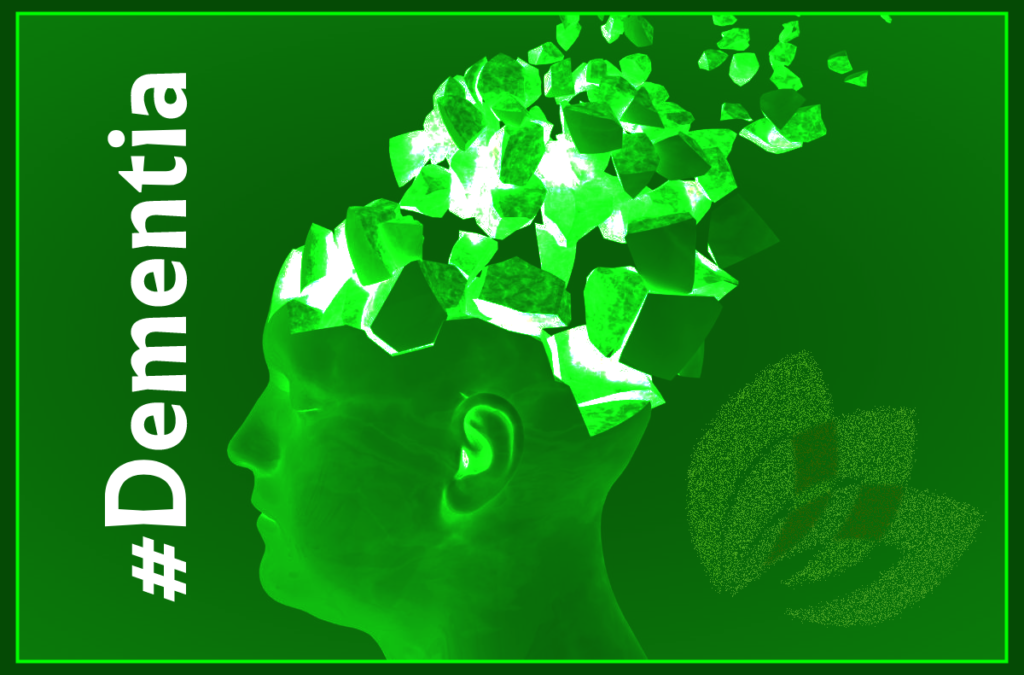
Abortion in 2022: The Truth No One Talks About
December 5, 2022
The Dark Truth About Teen Smoking and Its Addictive Grip.
July 25, 2023| Getting your Trinity Audio player ready... |

#Dementia is not a specific disease but rather a general term for the impaired ability to remember, think, or make decisions that interfere with everyday activities. Alzheimer’s disease is the most common type of dementia. Though dementia mainly affects older adults, it is not a part of normal aging. Dementia is a broad term used to describe a set of symptoms associated with a decline in memory, thinking, and other cognitive abilities that is severe enough to interfere with daily life. It is not a specific disease but rather a syndrome caused by various underlying conditions or diseases. The most common cause of dementia is Alzheimer’s disease, accounting for around 60-70% of cases. Other causes include vascular dementia, Lewy body dementia, frontotemporal dementia, and mixed dementia, among others. Symptoms of dementia can vary depending on the underlying cause and the affected individual. However, some common signs include memory loss, difficulty with language and communication, impaired judgment and problem-solving abilities, confusion, and disorientation, changes in mood and behavior, and difficulties with daily tasks. The exact causes of dementia differ based on the underlying condition. Alzheimer’s disease is characterized by the accumulation of abnormal protein deposits in the brain, whereas vascular dementia results from reduced blood flow to the brain due to stroke or other blood vessel problems. Lewy body dementia is caused by the presence of abnormal protein deposits called Lewy bodies, and frontotemporal dementia is characterized by the degeneration of nerve cells in the frontal and temporal lobes of the brain. Unfortunately, there is no cure for most forms of dementia. At Mind and Beyond Counseling Center treatment focuses on managing symptoms, providing support or care, and improving the quality of life for individuals with dementia. This may involve medications to temporarily improve cognitive function or manage behavioral symptoms, as well as non-pharmacological approaches such as cognitive stimulation, physical exercise, and social engagement. Support from caregivers, including family members and healthcare professionals, is crucial in helping individuals with dementia maintain their independence and well-being for as long as possible. Research is ongoing to better understand the causes of dementia and develop more effective treatments. Get intouch with experts.






